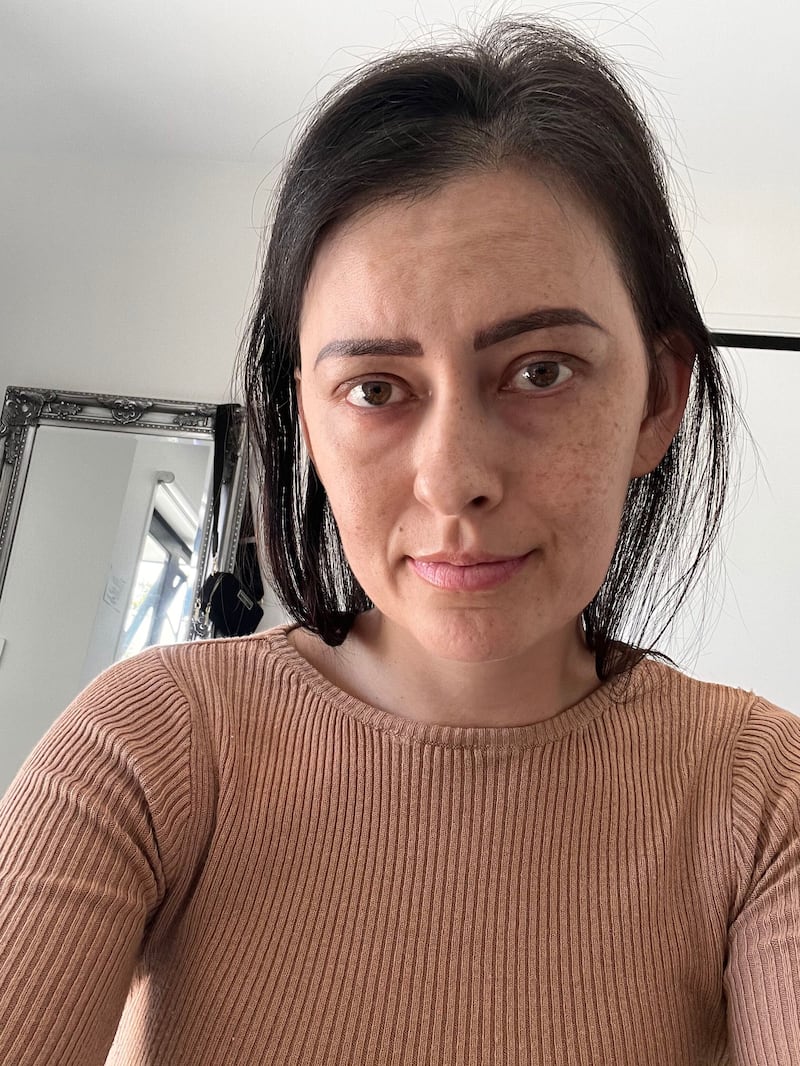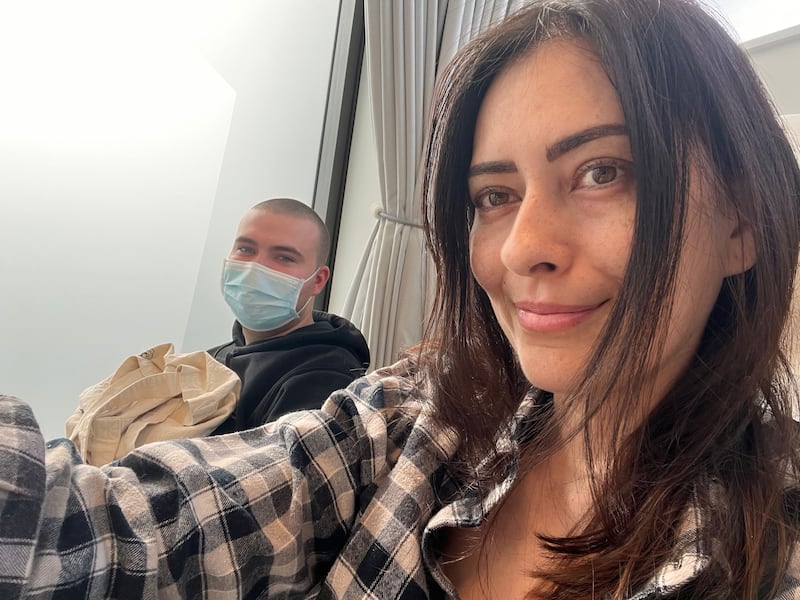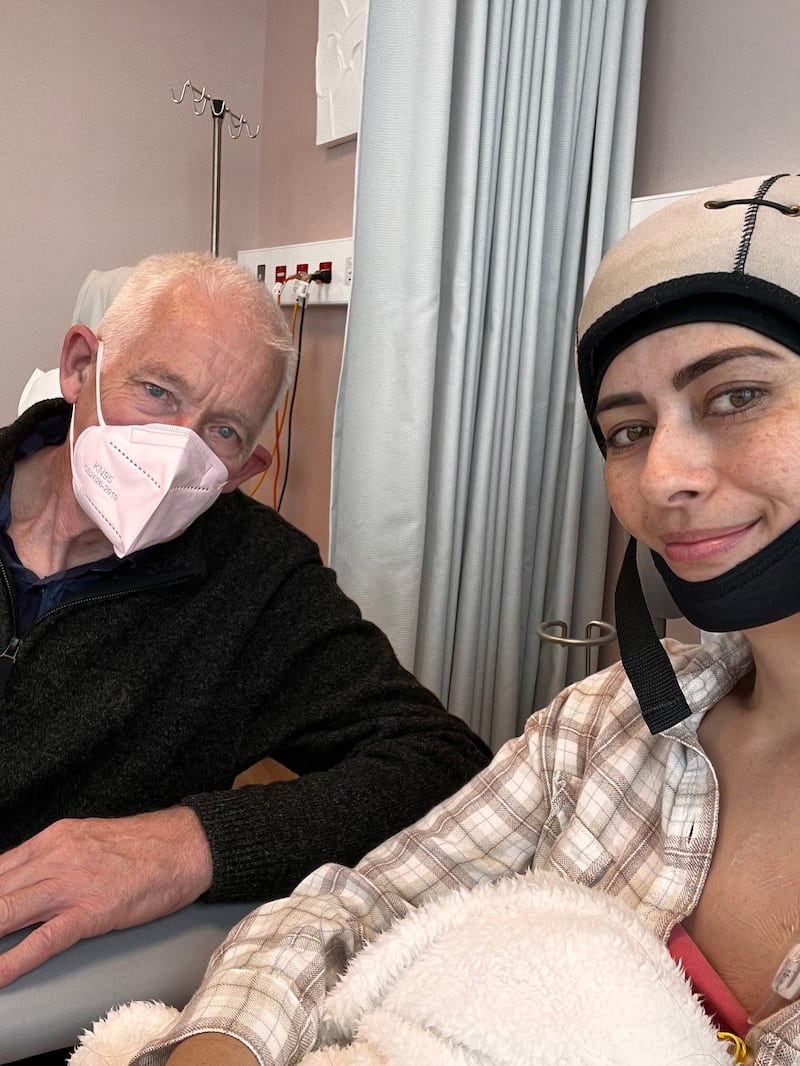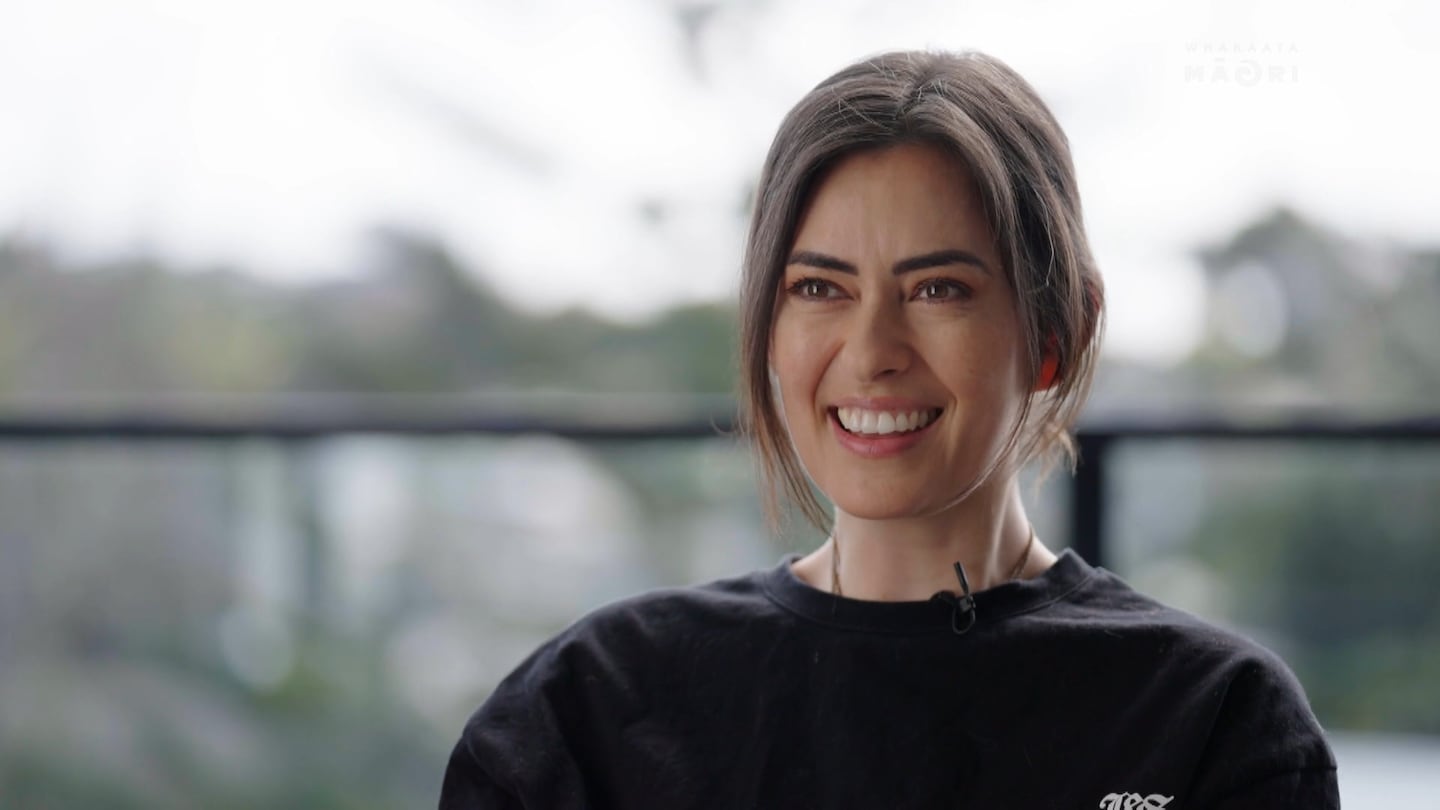Zeisha Fremaux is a music producer, singer and has been voted as New Zealand’s No 1 female DJ, performing for over a decade at gigs across Aotearoa and Australia.
At the same time her international career started to really lift off in 2022, she was diagnosed with stage three breast cancer, the most common cancer among New Zealand women. She was only 36.
In Aotearoa only four per cent of cases occur in women in their thirties making her case very rare. She discovered a lump while having a shower.
“I was living a really busy life, so I put it off for a week or so. But then I went to the doctor,” says Fremaux, of Ngāti Kahu and Ngāpuhi.
Initially her doctor told her to not worry. She was young and had no family history. But to be safe, she saw a specialist for a mammogram and ultrasound.
“I got a call that same day to come back in and see the specialist again. She said to me ‘I think you have stage three breast cancer’. I just went a little bit into shock, I guess. It was pretty scary.”
Stage three breast cancer is when the cancer has spread from the breast to the lymph nodes close to the skin of the breast or to the chest wall. Fremaux says her breast cancer was estrogen and progestogen positive and HER2 negative which meant it was “hormonal driven”.
“Stage three breast cancer is curable, but stage four is not. So with stage four, they make you feel comfortable. With stage three, you can do the treatments to try and save your life.”
It was during a time when her career really started to lift off with gigs booked in the South Island, Australia and the United States. But given the nature of her cancer, treatment needed to start almost straight away and she needed to cancel her gigs.
Treatment ‘the worst I’ve ever felt in my life’
She had surgery to remove her right breast tissue and had an implant reconstruction. Over the next five months, she had seven rounds of intravenous chemotherapy, where chemotherapy drugs are given as a liquid through a drip inserted into a vein, and then radiotherapy.
“I know that some people with earlier stages of breast cancer can get away with doing maybe less rounds or skipping chemo all together, or not having a mastectomy… For me, mine was just full force.”
Going through the chemotherapy stage made her feel the worst she’d ever felt in her life, she says.
“I was like, ‘How do people do it?’ I remember thinking, ‘This is so hard. I feel like I’m dying’. I had no energy to do anything. Even going down to put the washing on, I couldn’t even put the washing on. I couldn’t even vacuum. I couldn’t tidy the house. It took me about three hours to make a juice and a smoothie.”

One of the hardest parts was experiencing hair loss.
“Waking up, having a shower and then washing your hair and it just being in your hands. That all the time is quite hard,” she says.
“It was so hard to lose my hair completely because it’s just such a massive part of who I am and my brand and what I’ve driven and being motivated to work towards building that brand. And then to have it all just falling away. Physically, looking at yourself in the mirror is like so hard.”
‘Life-altering’ side effects
Some of Fremaux’s other side effects from treatment included mucositis where she had about 30 mouth ulcers at one time, affecting her ability to eat and swallow.
She also went through early menopause, after needing to take a drug called Zoladex to try to preserve her ovarian reserve. She and her fiancé Ethan are yet to find out if it has affected her ability to conceive.
“I never really knew how much I wanted to have children until that opportunity was potentially taken away.”

Prior to being diagnosed with cancer, Fremaux says she had her life planned out with short term goals and long-term goals such as developing her career, having children and becoming a grandparent.
“I thought I would have menopause when I’m in my late forties, fifties but I was hit with menopause at 36. So actually having to go through all these changes was completely life-altering.”
Fremaux says it was friends and whānau who helped her push through the challenges. She wrote in her journal about what she was grateful for and had a dietician and therapist.
“I had appointments lined up that I had to go to, which kept me focused. So, I was like, ‘You can’t give up. Everyone is lifting you up’.”

Cancer-free
In August 2023, Fremaux’s doctor confirmed she was cancer free. She says it was a big relief and the experience has changed her perspective on life.
“When I was going through all my treatment, I was like, I’ve looked at things differently and I look at them differently even now,” she says.
“I kind of miss seeing myself in that raw, vulnerable state because I had this appreciation for who I was. I can remember it and be like, ‘You know this, this is who you truly are. You don’t have to be beautiful and wonderful for everyone else. You don’t have to put on a show for everyone else. Just be who you are.”

Since her recovery, Fremaux has worked alongside the Breast Cancer Foundation New Zealand to help raise awareness.
Foundation chief executive Ah-Leen Rayner says Fremaux has so much “drive, energy and positivity”.
“She’s not letting breast cancer define her journey, and yet she’s using it to inspire many, many other women, but also to give back and make breast cancer more survivable for everybody.”
Breast cancer harder to detect in women under 40
Fremaux was lucky to find her cancer before it reached stage four, especially since free screening in Aotearoa is only free for women over 45. Even so, mammograms often don’t work for women under 40 because their breasts are denser.
“What that means is mammograms don’t detect cancers. So that’s the reason why from an age of 45 mammograms are free at the moment.”
But the Breast Cancer Foundation is calling to lower the screening age for Māori and Pacifica to the age of 40.
“That’s because Māori and Pacifica present earlier with breast cancer diagnoses, have more aggressive and later stage tumours…International best practice is from the age of 40, which is what we are calling for as well.”
For women under 40 the options to pick up cancer are slim but Rayner does have some recommendations.
“Firstly, if you have breast cancer within your family and you are under the age of 45, we recommend that screening starts 10 years prior to your mother or relative’s diagnosis,” Rayner says.
“The other options are to pay privately. We know that that’s not feasible for everyone. [It costs] approximately $250, so that may put them out of reach for a number of people.”
But more importantly Rayner recommends people learn about breast health “knowing what your normal is, knowing the signs and symptoms, and do regular self-checks”.
For Fremaux, it’s been an incredible journey on all sorts of levels – being confronted with cancer the way that she has at such a young age. But she’s fought through it and has so much to look forward to.
“I want to be able to play festival gigs again. There’s an adrenaline that you get from playing those bigger shows…It’s really nice to know that I still got it.”


